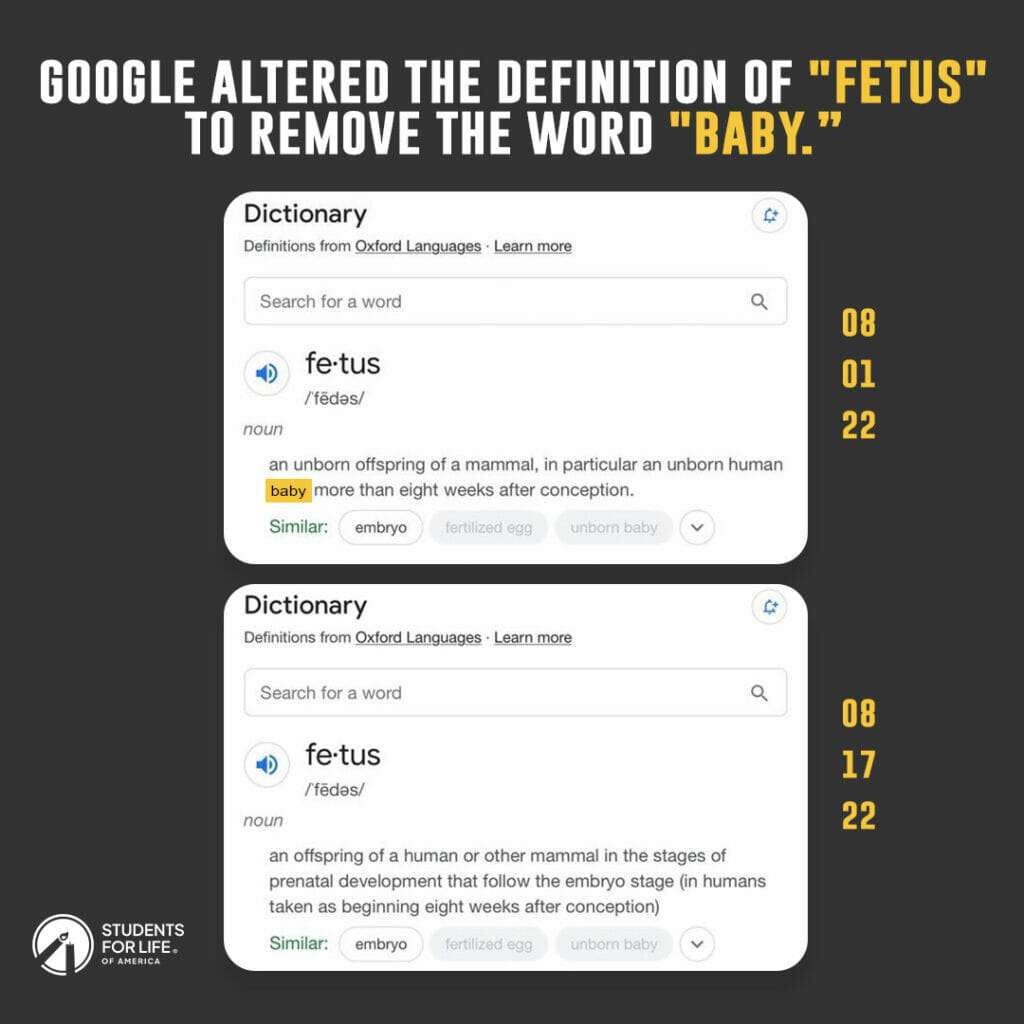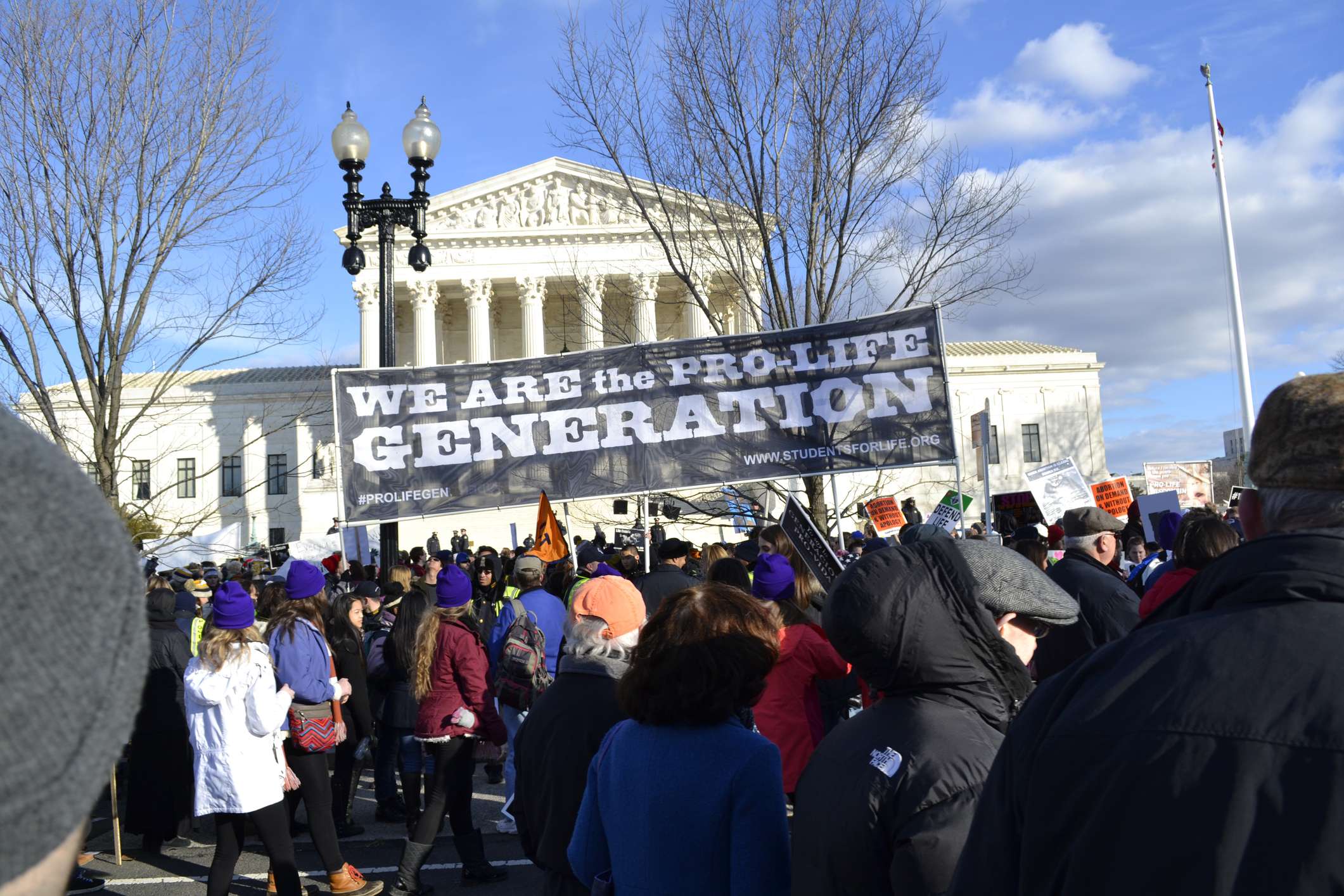

GUEST POST: America has a long history of robber barons, large monopolies held in a few hands that try to crush their adversaries and financial rivals. Today, as far as monopolies go, Google and Facebook are front and center, and like any powerful interest, they seem to have rigged the system in their favor in the last election. The story of their manipulation of data in the last election is horrifying to many, but what goes around, comes around, as they aren’t the only ones who understand data.
How do we know that Big Tech became political?
New evidence demonstrates Big Tech had a finger on the scales in the last election. Earlier this year, researchers at North Carolina State University published a study showing Google’s bias in email filtering in 2020. The study looked at 318,000 emails from May through November; in addition to Google’s Gmail, the study evaluated Outlook and Yahoo accounts.

What researchers found was that the Gmail algorithm sent Republican fundraising emails to recipients’ spam folder at a rate 820% higher than Democrat fundraising emails. In other words, less than one in 10 Democrat fundraising emails wound up in spam compared to seven in 10 Republican. The result of sending so many fundraising emails directly to spam is the loss of untold millions in funds and even more important, loss of information to voters.
In addition to such partisan manipulation, analysts suggest that Facebook’s Mark Zuckerburg might have singlehandedly determined the outcome of the election with hundreds of millions of dollars in political spending in the months leading up to the election.
Documentary film producer David Bossie told the Daily Signal: “Mark Zuckerberg spent $400 million in the 2020 election cycle, and he spent it specifically in just the last several months of the campaign through nonprofits … I submit that if Mark Zuckerberg doesn’t spend the $400 million in the last three or four months of the campaign, Joe Biden does not win.”

There is also evidence of bias in the way the platforms are run on the issues.
On some of the biggest social media platforms, pro-life groups have been banned or censored without explanation. In April, Students for Life of America was banned without warning.
In such an environment, it’s no surprise that abortion activists assume they have an ally in Facebook, Google, and other tech giants.
Shortly before the mid-June Supreme Court decision overturning Roe v. Wade, 20 Congressional Democrats wrote a letter to Google CEO Sundar Pichai demanding that the world’s most popular search engine suppress results to prevent pregnant women from finding crisis pregnancy centers.

Calling these lifesaving community resources “fake clinics,” pro-abortion lawmakers claimed that pregnant mothers searching for assistance were only looking for abortion. Once again, showing how hollow the name “pro-choice” is, the abortion industry’s cronies in office want women to find information about abortion clinics only, which do not provide alternatives to abortion.
In response, 17 Republican attorneys general sent a letter to Google condemning the attempt to censor pro-life speech. The attorneys general wrote, “We trust that you will treat this letter with the seriousness these issues require, and hope you will decide that Google’s search results must not be subject to left-wing political pressure, which would actively harm women seeking essential assistance.”
With pregnancy resource centers outnumbering Planned Parenthood abortion businesses 14-to-1, it’s no surprise that the pro-life resource centers are showing up in search results. While the mainstream media presents the story of Republican attorneys general defending pro-life speech as the “politicization” of Big Tech, the fact is it has already been politicized. If Google cows to pressure from the abortion lobby, it would be a serious injustice. The fact that pro-abortion legislators thought Google would go along with their demands is no surprise. It never occurred to them that pro-lifers would respond.

Around the time abortion activists began demanding the censorship of Google searches, they also became concerned with Big Tech’s use of data and location tracking. After decades of mining users for data and geolocation, suddenly, Big Tech’s most powerful friends in Congress are worried about how that data might be used.
As more states pass laws protecting all or most preborn babies from the violence of abortion, pro-abortion legislators are putting pressure on Big Tech to detail how location data is used. According to the Washington Post, “Lawmakers have long sounded the alarm on the sensitivity of these data streams and calls for regulation have accelerated in the wake of the court’s decision.” Despite the fact that no reputable pro-life organization has ever advocated pursuing and prosecuting mothers who undergo abortions, activists are fearmongering that tech companies’ data could incriminate women.

When Big Tech was aiding pro-abortion Democrats in winning elections, we didn’t hear anything about the politicization of tech companies or concerns about our data and who could get it. Now that pro-lifers have achieved huge victories in many states, the abortion industry is worried about how their intrusive data mining may be used against those they support.
Google and Facebook have displayed political bias in favor of pro-abortion Democrats. Supporting leftwing political movements through manipulation and money, they have promoted pro-abortion causes and undermined legislators they don’t like.
As pro-lifers gain ground and push back, tech executives and pro-abortion legislators are suddenly realizing their politicization of our data may come back to bite them.
READ NEXT: Google Changed the Definition of “Fetus” But It Can’t Change Science
Share this post
Recent Posts

National Celebrate Life Weekend Dominates D.C.: Just Look at the Coverage
01 Jul 2025
The Pro-Life Generation REACTS: “Big, Beautiful” Budget Bill Vote One Step Closer to Defunding Planned Parenthood & ALL Abortion Vendors
01 Jul 2025
News: FIVE Lawmakers Recognized for Defending Life
30 Jun 2025
